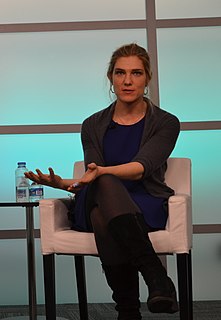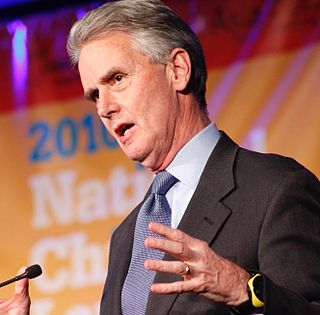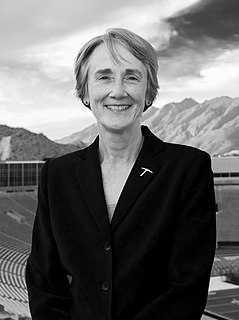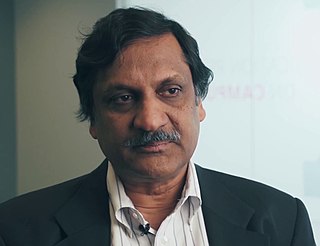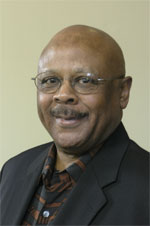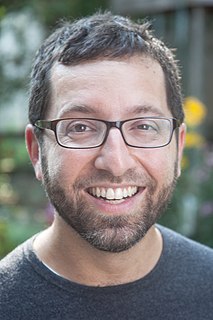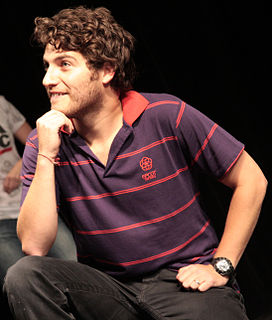A Quote by Anya Kamenetz
There is number of different efforts around the country are to try to redesign the math pathway and the courses that students have to take to make it more applicable to the real world.
Related Quotes
I'm a strong believer that you have to have an equal opportunity to fail and to try things that are hard. I always tell my students, "Don't just take things that are easy for you. If you're really good at math, don't take just math. Take classes that make you write. If you're a really great writer, but bad at math, take math and make yourself work your way through it."
A majority of students who come into community colleges are still stuck at high school level or remedial math. And when they take it in college, they still don't pass it. So the Carnegie Foundation got together and created two accelerated courses that focus on real-world applications of numbers like for health, for civics, for personal finance - concepts that you and I use every single day.
When I got to college, I planned to be a math major, and, in addition to signing up for some math courses, I decided to take some philosophy. Quite by chance, I took a philosophy of science course in which the entire semester was devoted to reading Locke's Essay. I was hooked. For the next few semesters, I took nothing but philosophy and math courses, and it wasn't long before I realised that it was the philosophy that really moved me.
In colleges, there are no gender separations in courses of study, and students can freely choose their majors. There are no male and female math classes. But women generally choose college courses that pay less in the labor market. Those are the choices that women themselves make. Those choices contribute to the pay gap.
There are two versions of math in the lives of many Americans: the strange and boring subject that they encountered in classrooms and an interesting set of ideas that is the math of the world, and is curiously different and surprisingly engaging. Our task is to introduce this second version to today's students, get them excited about math, and prepare them for the future.
Unlike many graduate fellowships, the Rhodes seeks leaders who will 'fight the world's fight.' They must be more than mere bookworms. We are looking for students who wonder, students who are reading widely, students of passion who are driven to make a difference in the lives of those around them and in the broader world.
I try to do different things as much as I can. I feel like every actor, there's a limited number of tricks and go-tos. The real good stuff you can't get to unless it's something you haven't done before. So I try to make sure each thing is slightly different. Unless it's for the money. Then I don't care.
You know, students who major in elementary education - they're going to be grade school teachers - they have the highest rates of math anxiety of any college major. And they bring that into the classroom. So you find students being introduced to math concepts by teachers who may have not only a lack of training but also a lack of enthusiasm about math.
